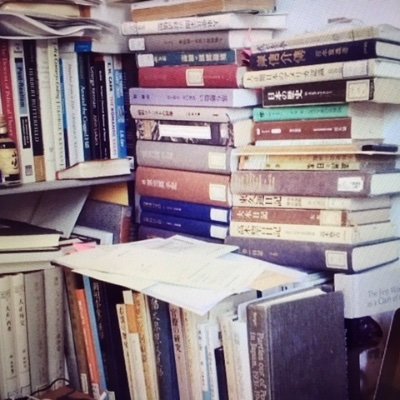
@Andrew_Levidis
Historian at Australian National University working on Modern Japan and twentieth century international history. Book on Kishi Nobusuke and conservatism soon.

@Andrew_Levidis
Historian at Australian National University working on Modern Japan and twentieth century international history. Book on Kishi Nobusuke and conservatism soon.